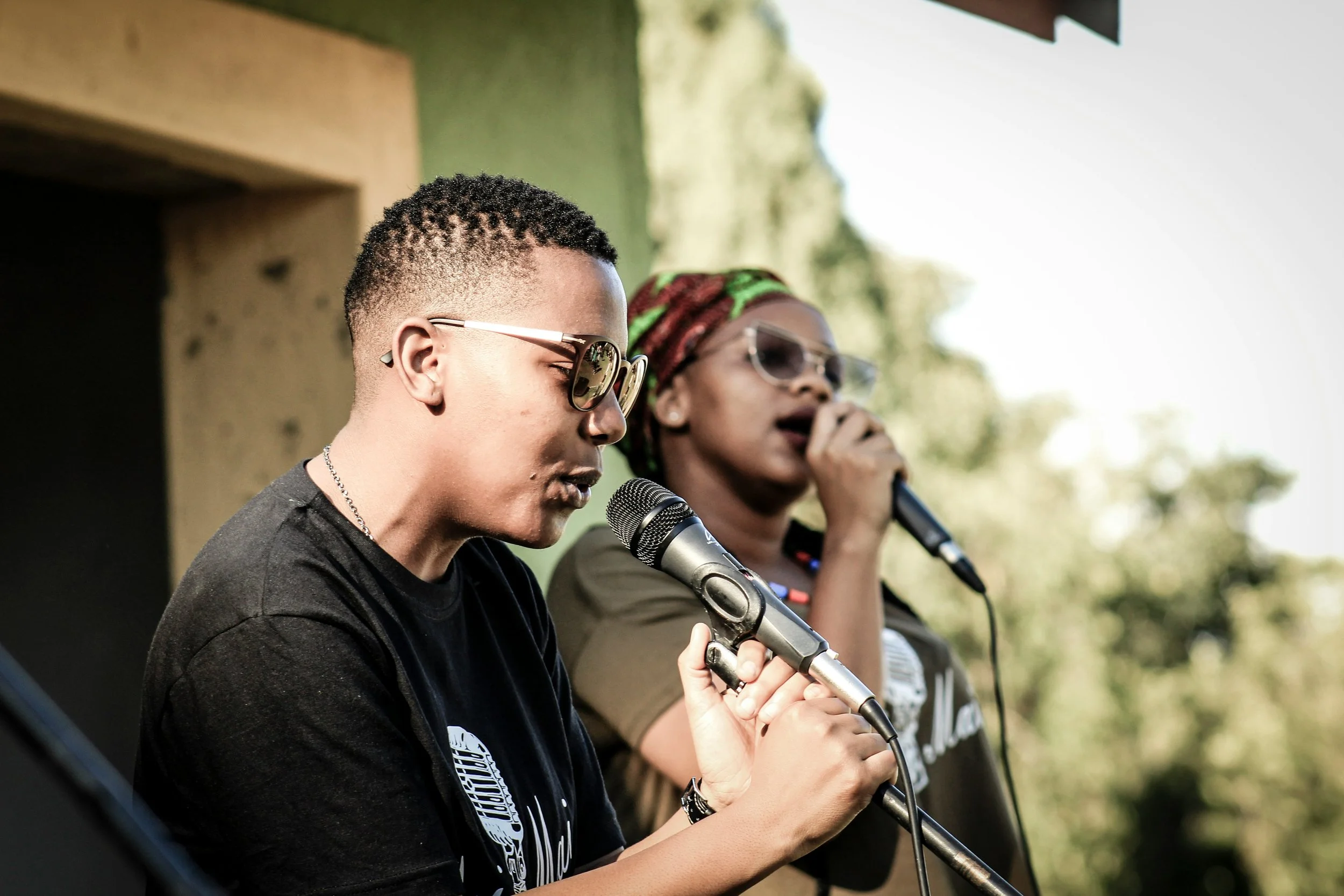
SOUTHERN AFRICA
Client UNESCO
Project Harnessing Southern Africa’s Arts and Cultural Festivals for Sustainable Development
Year 2024-2025
CHALLENGE
Southern Africa is home to a vibrant network of arts and cultural festivals. These events celebrate creative expression, foster social cohesion, and contribute to local economies. Yet despite their significance, festivals across the region face a range of challenges, from underfunding and limited infrastructure, to weaker institutional links and environmental vulnerabilities.
To better understand the current landscape and unlock the sector’s potential, UNESCO commissioned Sound Diplomacy to assess the cultural, social, economic and environmental impacts of ten major festivals in nine Southern African countries, namely Botswana, Eswatini, Lesotho, Malawi, Mozambique, Namibia, South Africa, Zambia, and Zimbabwe.
The goal was to provide actionable insights and strategic recommendations to strengthen festivals as engines of sustainable development.
STRATEGY
Sound Diplomacy implemented a multi-phase methodology, combining direct engagement with festivals and regional experts alongside rigorous impact analysis. This included:
Festival selection and regional scoping
Framework development across four dimensions: economic, social, cultural, and environmental
Primary and secondary data collection, including surveys and a regional stakeholder workshop
Thematic analysis and benchmarking
Strategic recommendation design for both policymakers and festival organisers
Findings & outcomes
Economic Value
Festivals contribute significantly to local economies through tourism, procurement, and employment:
Festivals generated over USD 11 million in expenditure in 2024
$2M direct + $9M indirect expenditure
For every dollar invested, an estimated USD 2.51 is returned via attendee spending.
Over 2,800 jobs were created, with 80% directly employed by festivals.
Local suppliers received the majority of festival production budgets, with 78% of spend retained locally.
The majority of attendees (60%) travelled from outside the host cities, stimulating the tourism sector.
Social & Cultural Impact
Festivals are vital platforms for youth empowerment, gender equality, and community engagement:
54% of festival management staff are women, well above the global average in the arts sector.
58% of performers and 64% of workers are aged 18–31.
6 in 10 festivals employ persons with disabilities and provide internal training opportunities.
Over 770 artists performed across the ten festivals, with 45% of line-ups made up of local artists and 37% emerging talent.
8 in 10 festivals offer family programming; 7 in 10 include participatory community initiatives.
Environmental Sustainability
While sustainability remains an emerging focus, festivals are beginning to act:
80% use local suppliers to reduce transport-related emissions.
70% report using sustainable waste management practices.
Only 1 festival has a comprehensive environmental strategy, signalling a clear need for sector-wide support and planning.
Sector-Wide Barriers
Key systemic challenges include:
Financial fragility: 9 in 10 festivals consider their current funding models unsustainable.
Inclusion gaps: Only half have any accessibility provisions for people with disabilities.
Operational strain: Inadequate infrastructure and logistical barriers hinder scale and access.
Limited policy recognition: Many festivals lack formal relationships with public institutions, affecting funding and visibility.
Recommendations
Sound Diplomacy developed dual-track recommendations — for stakeholders and policymakers, and for festivals themselves — to promote resilience, equity, and long-term sector growth:
For Stakeholders and Policymakers
Promote capacity building in curation, event planning, and sustainability
Strengthen regional and global festival networks
Support artist mobility and cultural exchange
Integrate festivals into cultural policy and national development plans
Provide sustainable funding mechanisms tied to inclusion, local impact, and innovation
Invest in cultural infrastructure and accessibility
Increase visibility of festivals in cultural data and reporting
For Festivals
Establish internal equity, accessibility and sustainability strategies
Collect and use data to guide decisions and strengthen funding cases
Explore diverse financial partnerships, including with communities
Strengthen curation and programming capacity, and reinforce inclusion policies
Actively engage in networks, advocacy, and knowledge-sharing platforms
IMPACT
This study is the first regional-level assessment of festival-based sustainable development in Southern Africa. It offers a critical evidence base for UNESCO, national governments, and cultural sector stakeholders to strengthen support for the festival ecosystem.
Festivals are more than entertainment — they are catalysts for economic inclusion, community resilience, youth opportunity, and cultural innovation. With the right policy frameworks and institutional support, they can play a central role in advancing the Sustainable Development Goals across the continent.
